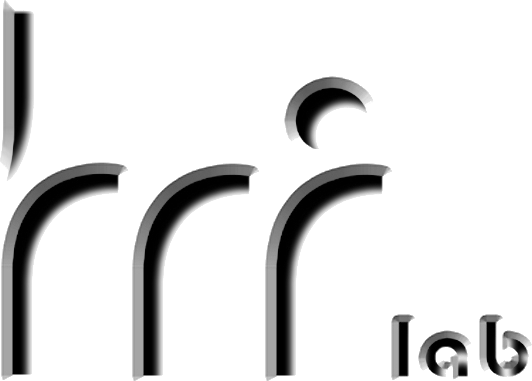Much existing work examining the ethical behaviors of robots does not consider the impact and effects of long- term human-robot interactions. A robot teammate, col- laborator or helper is often expected to increase task performance, individually or of the team, but little dis- cussion is usually devoted to how such a robot should balance the task requirements with building and main- taining a “working relationship” with a human partner, much less appropriate social relations outside that team. We propose the “Relational Enhancement” framework for the design and evaluation of long-term interactions, which composed of interrelated concepts of efficiency, solidarity, and prosocial concern. We discuss how this framework can be used to evaluate common existing ap- proaches in cognitive architectures for robots and then examine how social norms and mental simulation may contribute to each of the components of the framework.
@inproceedings{wilsonetal16aies,
title={Relational Enhancement: A Framework for Evaluating and Designing Human-Robot Relationship},
author={Wilson, Jason and Arnold, Thomas and Scheutz, Matthias},
year={2016},
booktitle={AAAI Workshop on AI, Ethics and Society},
url={https://hrilab.tufts.edu/publications/wilsonetal16aies.pdf}
}
